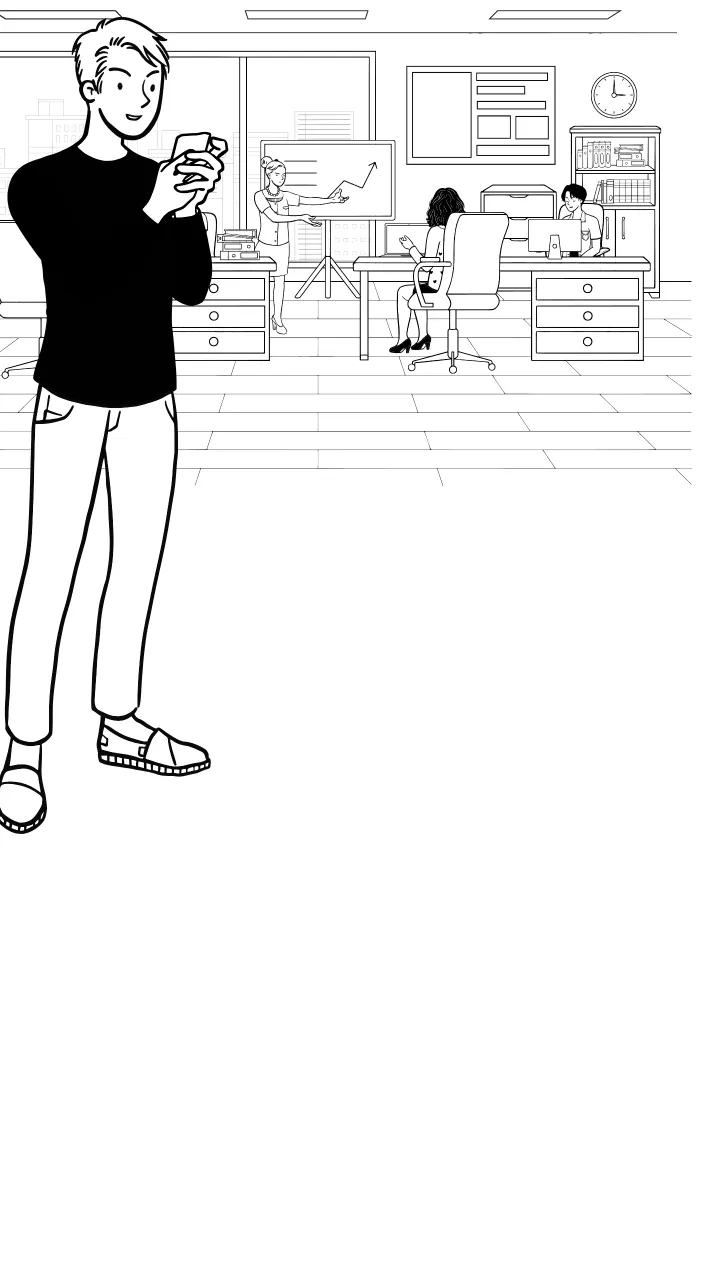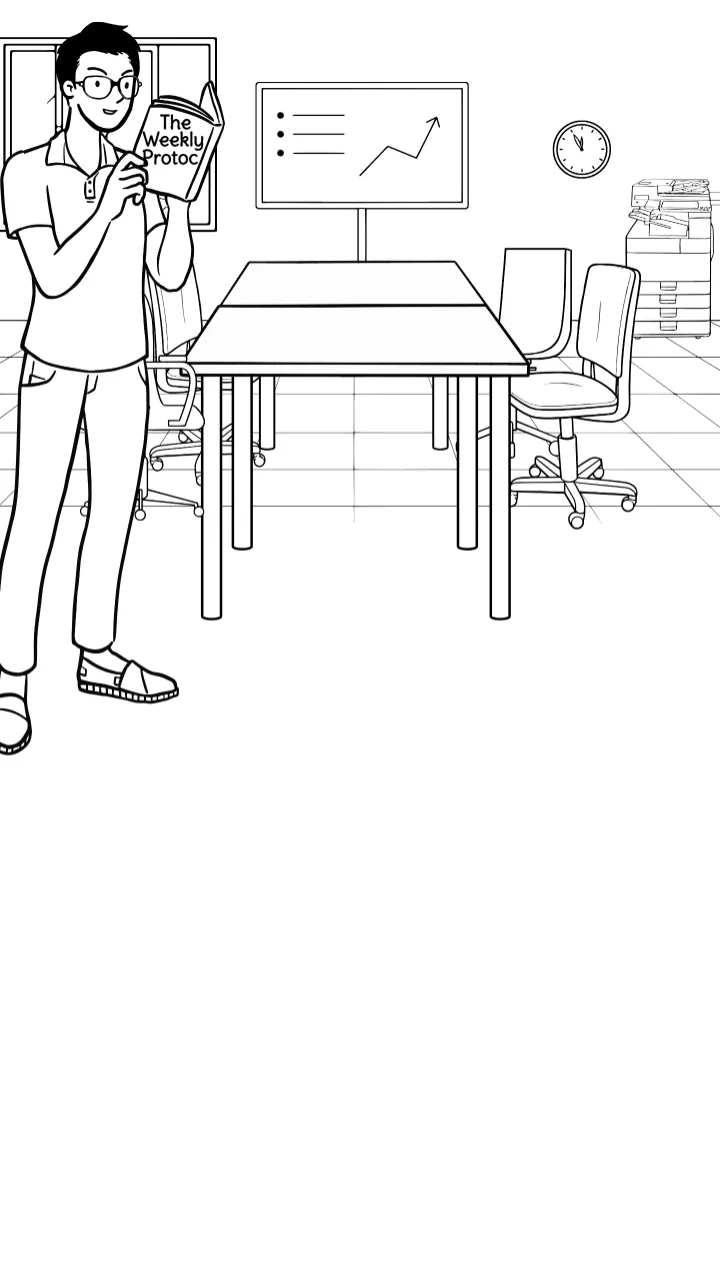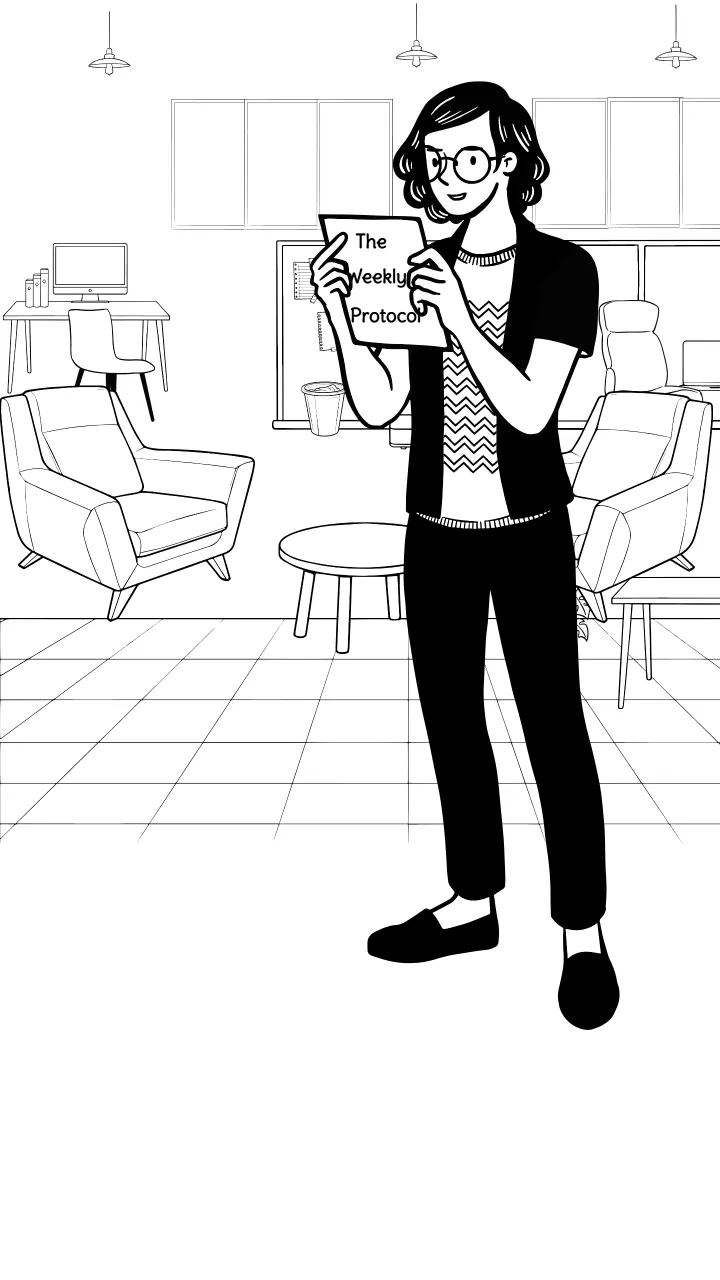Restore to Perform
Sleep, Stress & Recovery
Build resilience through evidence-based sleep hygiene, stress management, and recovery practices

Recovery Drives Performance
Stress without recovery leads to burnout. Recovery without challenge leads to stagnation. The magic happens in the balance—strategic stress followed by intentional restoration builds resilience and sustainable high performance.
Start Here: Daily Recovery Protocol
Four simple practices to build resilience into your daily routine. Start with just one and add others as they become habits.
Set Sleep Boundaries
Choose a consistent bedtime and stick to it for 7 days. No screens 1 hour before—use this time for reading or light stretching.
Morning Light Exposure
Get 10-15 minutes of natural sunlight within 30 minutes of waking. This regulates your circadian rhythm for better sleep.
Stress Reset Breaks
Set 3 daily alarms for 2-minute breathing breaks. Use box breathing or coherent breathing to reset your nervous system.
Recovery Check-In
Before bed, rate your energy (1-10) and stress level (1-10). Track patterns to optimize your recovery strategies.
Recovery Tools
Science-backed breathing techniques and relaxation practices to reset your nervous system and optimize recovery.
4-7-8 Breathing Timer
Tool
Natural sleep induction technique that activates the parasympathetic nervous system for deep relaxation.
Coherent Breathing Timer
Tool
5-second inhale, 5-second exhale rhythm that balances your nervous system and reduces stress hormones.
Progressive Relaxation
Tool
Systematic muscle tension and release technique for full-body stress relief and recovery.
What Studies Tell Us
Key findings that inform our approach to sleep, stress management, and recovery.
Walker, 2017 · Why We Sleep
Quality sleep is foundational for memory consolidation, emotional regulation, and cognitive performance—impacting every aspect of productivity.
Goyal et al., 2014 · JAMA Psychiatry
Mindfulness-based stress reduction shows moderate evidence for reducing anxiety, depression, and pain while improving overall well-being.
Sonnentag & Fritz, 2015 · Annual Review
Active recovery through nature exposure, social connection, and physical movement is more restorative than passive rest.
Know Your Recovery Profile
Evidence-based assessments to understand your stress patterns, sleep quality, and recovery needs.
Stress Level Assessment (PSS)
Coming Soon
Coming soon: Measure your perceived stress levels and identify key stressors affecting your productivity.
Sleep Quality Evaluation
Coming Soon
Coming soon: Assess your sleep patterns, quality, and impact on daily performance and recovery.
Recovery Readiness Check
Coming Soon
Coming soon: Evaluate your current recovery practices and identify opportunities for improvement.
Recovery Playbooks
In-depth guides for optimizing sleep, managing stress, and building sustainable recovery practices.
For Better Sleep: Sleep Routine vs. Mindfulness Meditation
Research
Research comparing sleep hygiene practices with mindfulness meditation for improving sleep quality.
Breathwork vs. Mindfulness for Mood
Research
Evidence-based comparison of breathing techniques and mindfulness practices for emotional regulation.
Mindfulness, Wellbeing & the MAAS Scale
Research
Understanding how mindfulness practices impact stress, recovery, and overall well-being.
Frequently Asked Questions
How much sleep do I really need for optimal productivity?
What's the best way to manage stress during busy work periods?
I feel guilty taking breaks—how do I overcome this?
How can I recover quickly from high-stress days?
What role does physical exercise play in stress recovery?
Related Pillars
Sleep, Stress & Recovery supports and enhances other areas of mindful productivity.
Get Weekly Recovery Protocols
Every Tuesday, receive one research-backed protocol for better sleep, stress management, and recovery—with exact steps to try today.


